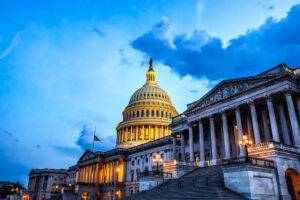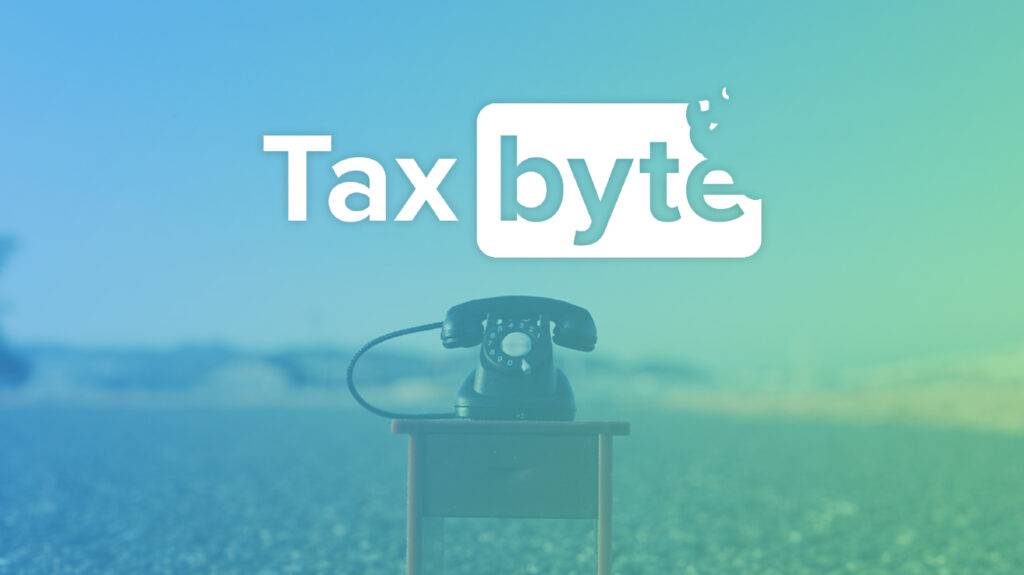
- |
- TaxByte
The Senate Finance Committee's version of the One Big Beautiful Bill Act (OBBBA) passed in
5 min read

The IRS has announced the rollout of a sweeping, historic effort to redirect its focus of taxpayer examinations on high-income earners, partnerships, and large corporations. The shift in the agency’s attention to more complex audits comes as a result of increased funding provided to the IRS under the Inflation Reduction Act (IRA) (P.L. 117-169).
Key variables in the IRS’s new audit equation include:
“This new compliance push makes good on the promise of the Inflation Reduction Act to ensure the IRS holds our wealthiest filers accountable to pay the full amount of what they owe,” IRS Commissioner Danny Werfel said. “The years of underfunding that predated the Inflation Reduction Act led to the lowest audit rate of wealthy filers in our history. I am committed to reversing this trend, making sure that new funding will mean more effective compliance efforts on the wealthy, while middle- and low-income filers will continue to see no change in historically low pre-IRA audit rates for years to come.”

Stay updated with more breaking tax-related developments by subscribing to Tax Bytes with Jessica Jeane, J.D.








Subscribe to our news, analysis, and updates to receive 10% off your first purchase of an on-demand digital CPE course.